
‘We were traumatised that night’: ’78ers on the first Mardi Gras protest and police violence
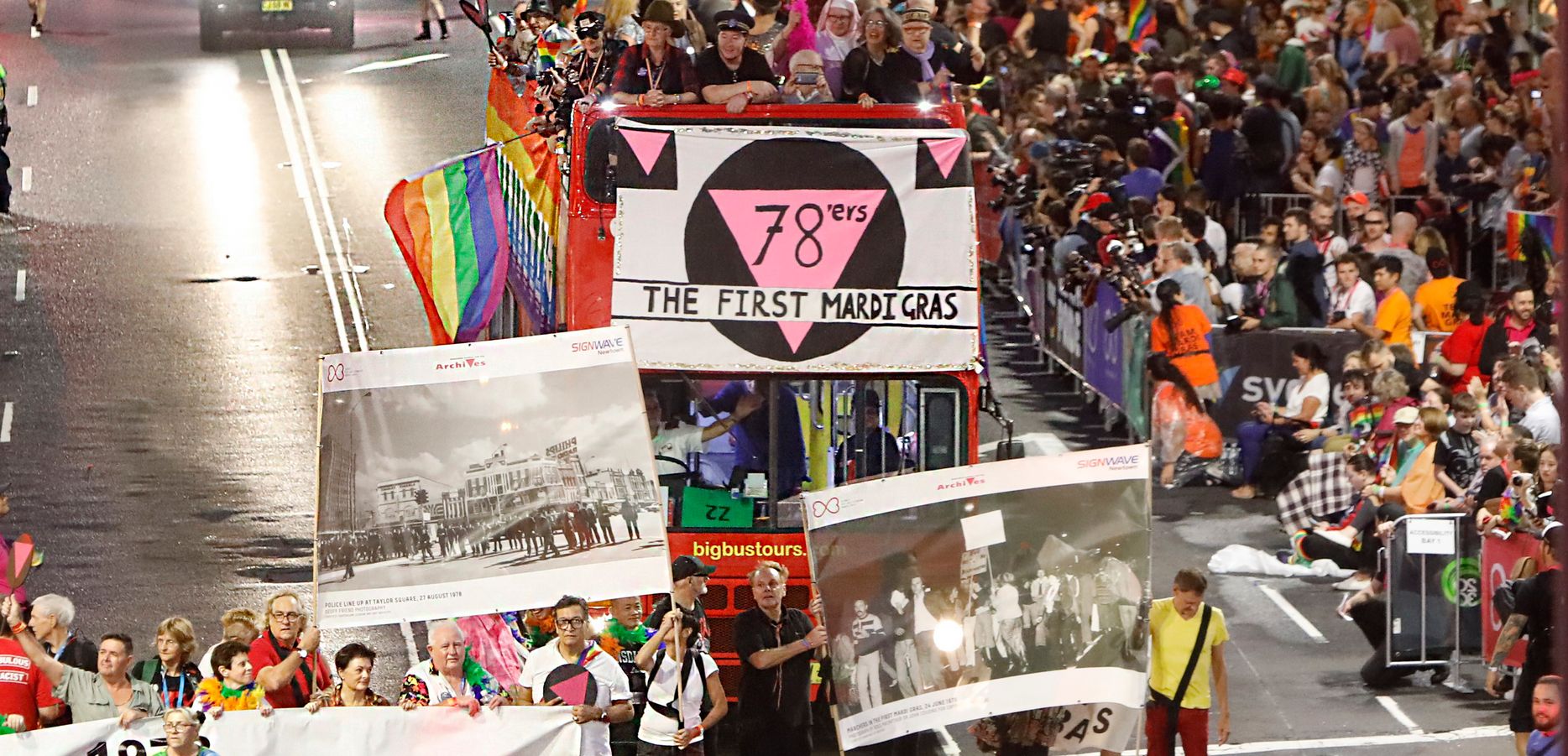
It was a historic night for Australia’s LGBTI community, even if the ’78ers didn’t know it at the time. Matthew Wade spoke with a handful of the first marchers about that fateful night in the latest issue of the Star Observer.
***
On a cold night in 1978, several hundred impassioned gay men and lesbian women took to Sydney’s streets to champion queer visibility and to protest discrimination.
Despite their peaceful intent, they were met with police violence.
As they marched down Oxford Street, the police harassed them before aggressively arresting 53 people, many of whom were subsequently beaten in their cells.
At the time, ’78er Mark Gillespie saw the night as a failure.
“We had been subjected to violence in our everyday lives, but that police attack was entrenched and enforced oppression,” he says.
“And what could we do – most of us were from the peace movement.
“It felt like a defeat rather than a victory.”
Like many other people of his generation, Gillespie grew up in the sixties and had been radicalised via the Vietnam War and the threat of a nuclear attack.
Yet while he engaged in a lot of political activism, he felt isolated within many leftist groups as a gay man.
“It was only within the women’s movement that a lot of gay men felt acceptance, until we saw the beginning of the gay liberation movement in the seventies,” he says.
“It was during that decade that we started having a deeper identification with each other as oppressed minorities, and others began to see gay lives as important.
“And on that night in 1978, everything came to a head.”
Gillespie says he remembers the violence on the night more than anything else.
“I can remember the sheer and utter disdain and violence perpetrated upon innocent marchers by the police that evening,” he says.
“I’ll never be able to get it out of my mind – we were regarded as less than human, we weren’t accepted as people.
“We were traumatised that night.”
Looking back, Gillespie now regards the night as one of victory for the community, rather than one of defeat.
“I see everything differently now,” he says.
“That night we stood up and resisted the police was a turning point, and it galvanised gay, lesbian, and bisexual people around the country.”
For fellow ’78er Titi Chartay, the night similarly represented solidarity among the community in the face of police brutality.
As soon as the police began dragging gays and lesbians towards their cars, the crowd tried to stand their ground in retaliation.
And for Chartay, who had a background in stunt work and film, this retaliation proved to be physical.
“Because of that training, I’d been taught how to be hit by a car,” she says.
“So when the cops started coming for us – and as soon as they took their numbers off, you knew you were going to get your head kicked in – I was able to jump onto the bonnet of their utes and delay them that way.”
She says prior to that night, there had been talks among a handful of gay and lesbian “creative ratbags” around Australia about holding a celebratory march.
However, because homosexuality was still criminalised in many parts of Australia at the time, it ultimately evolved into a march that was supposed to be both affirming and political.
“We wanted to dress up and show that being gay or lesbian was a fantastic thing to be,” she says.
“But it was still a protest against police attacks on gays and criminalisation.”
Chartay was fortunately not one of the people arrested that night, so she was able to go to a phone booth, make a few key calls, and ensure that gays and lesbians around the country could telegram money to ensure those arrested were set free.
“People would telegram money for me to pick up at the post office, knowing they wouldn’t get it back,” she says.
“So I picked it up from the Martin Place post office, and it helped those that had been arrested.
“For me the irony was that I didn’t get arrested that night – prior to that night I’d been arrested a few times and even been beaten up by the police, so to avoid it was unusual.”
Tracey Atkinson and her partner Alison Todd were part of the 1978 march, and have been together ever since.
Despite being quite young at the time, both of their memories remain vivid.
A line of police cars pushed the marchers towards a wall of huge police officers, and when they arrived at the Cross, the scuffle broke out.
“The police were throwing people into paddy wagons, and slamming doors,” Atkinson says.
“So in retaliation the girls were out, trans people, sex workers… they all came over and tipped their strawberry milkshakes over the cops.
“What really stuck with me is that it lifted our visibility – we made our mark that night.”
Todd reflected a similar sentiment.
“Someone was put in the back of a paddy wagon, and they were trying to get out, so they had their arm out of the door,” she says.
“And all of a sudden a cop came up with their boot and kicked the door, and you all you heard was crunch.
“I have mixed feelings about the night. Obviously it was full on and horrible, but in other ways it was exciting because it was the start of something big and new.”




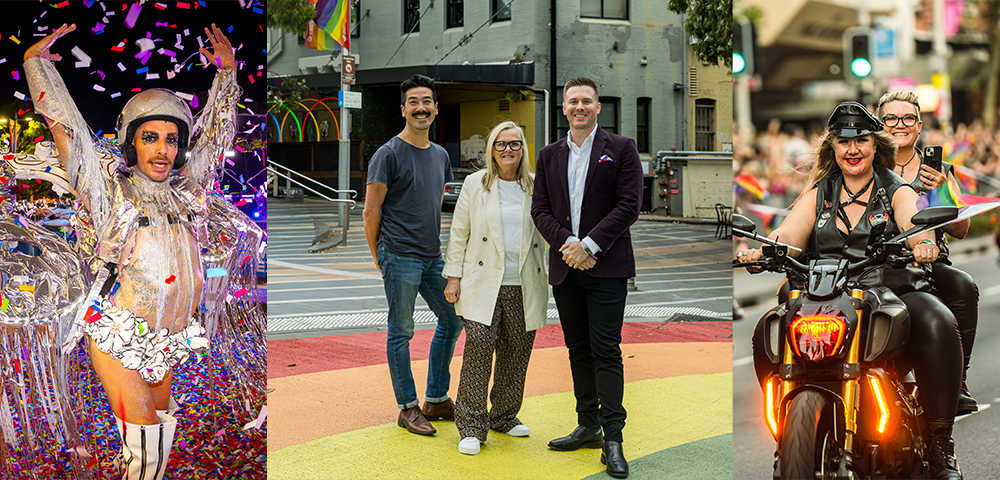
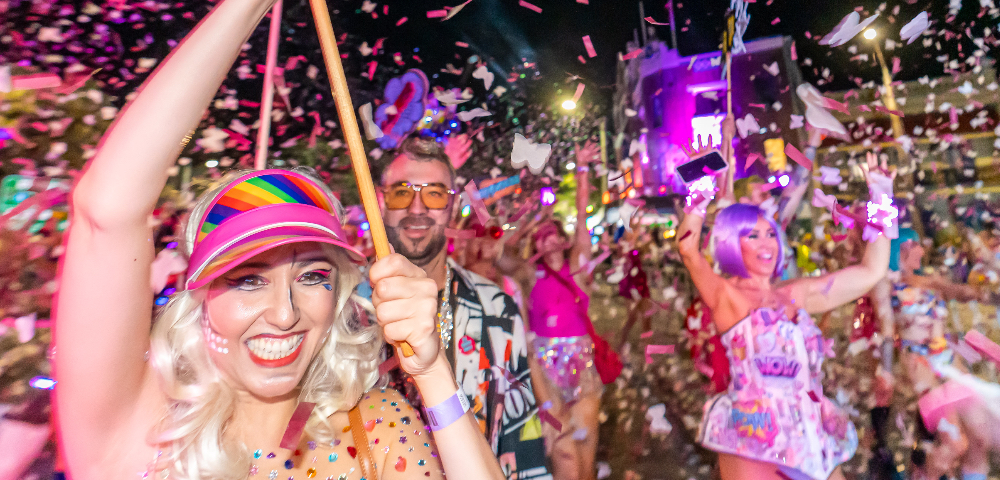
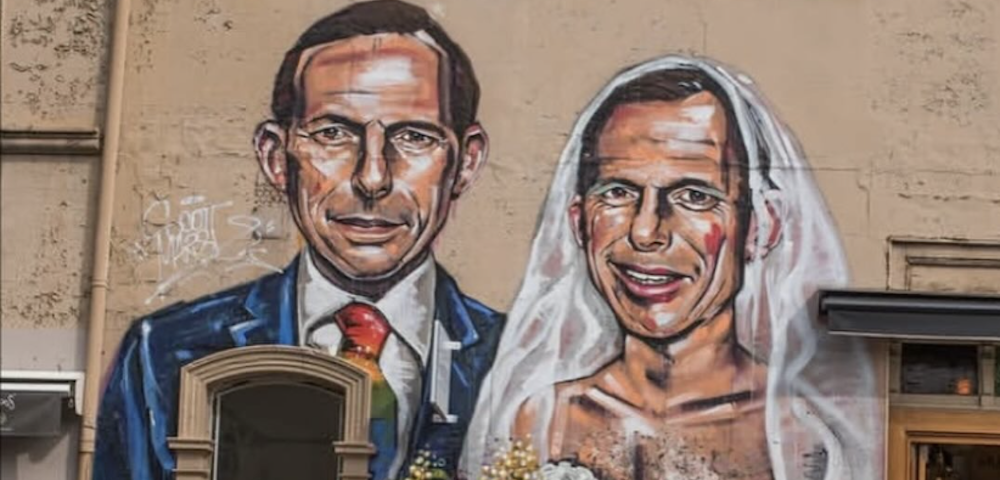
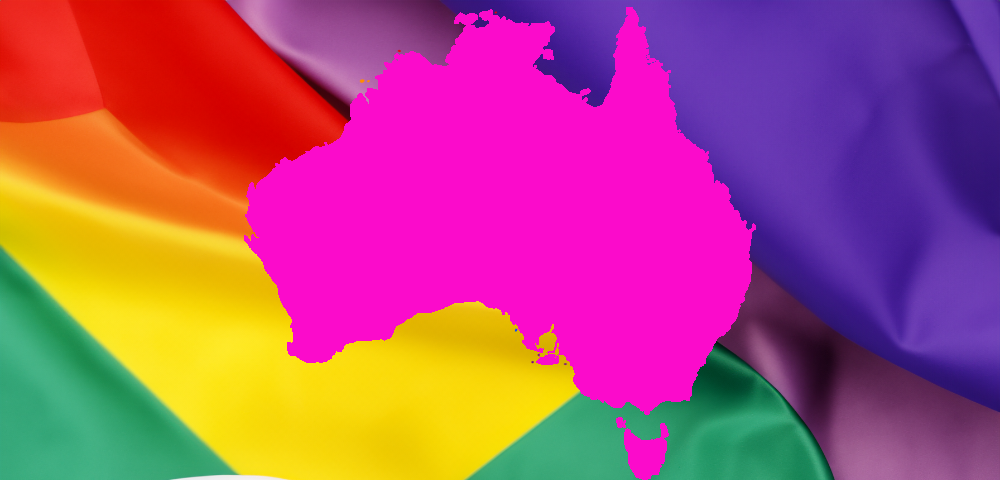
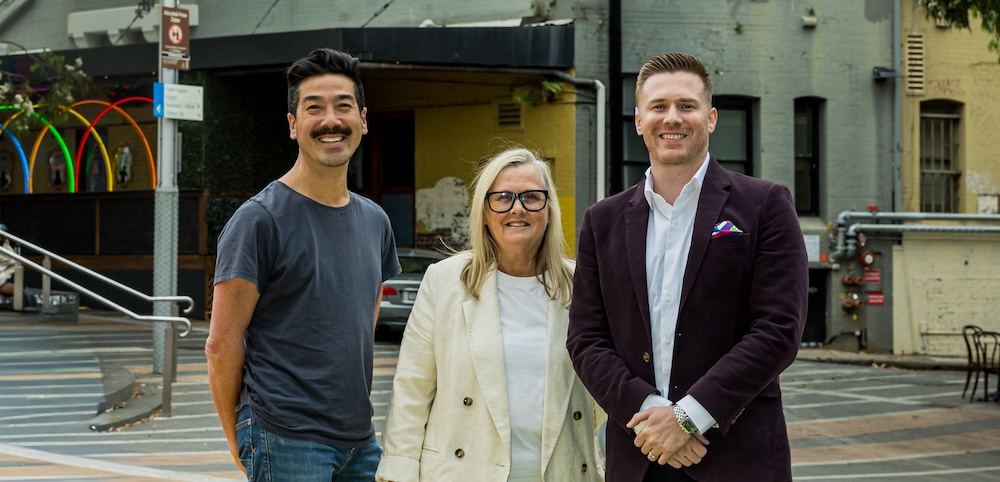

And that was the night that our current PM says sparked the start of his marriage. Nothing says I want to marry you like the persecution of gays.
Thank you 78ers for standing up. You will always live in rainbow history
78’s we love and respect you always. We are eternally grateful for your courage, commitment and determination. Thank you for the outlet. Thank you for the parade. xx